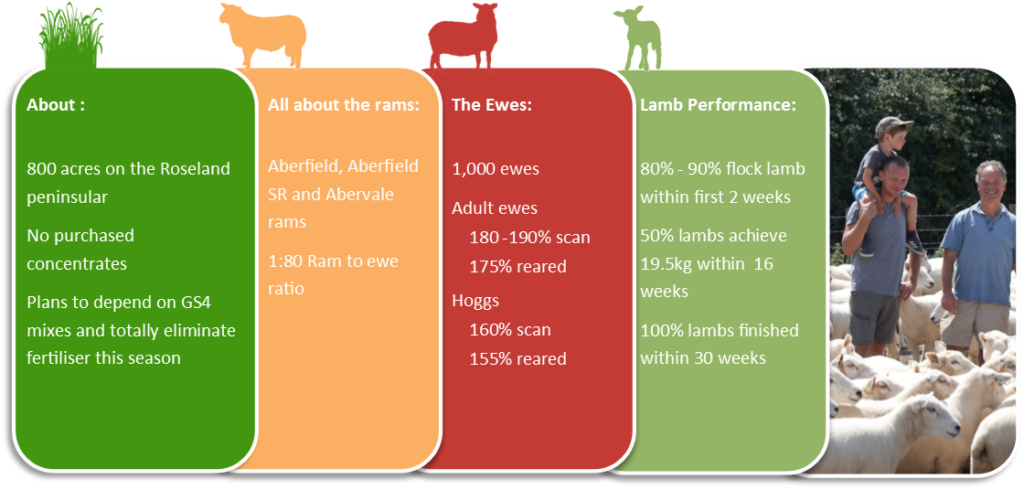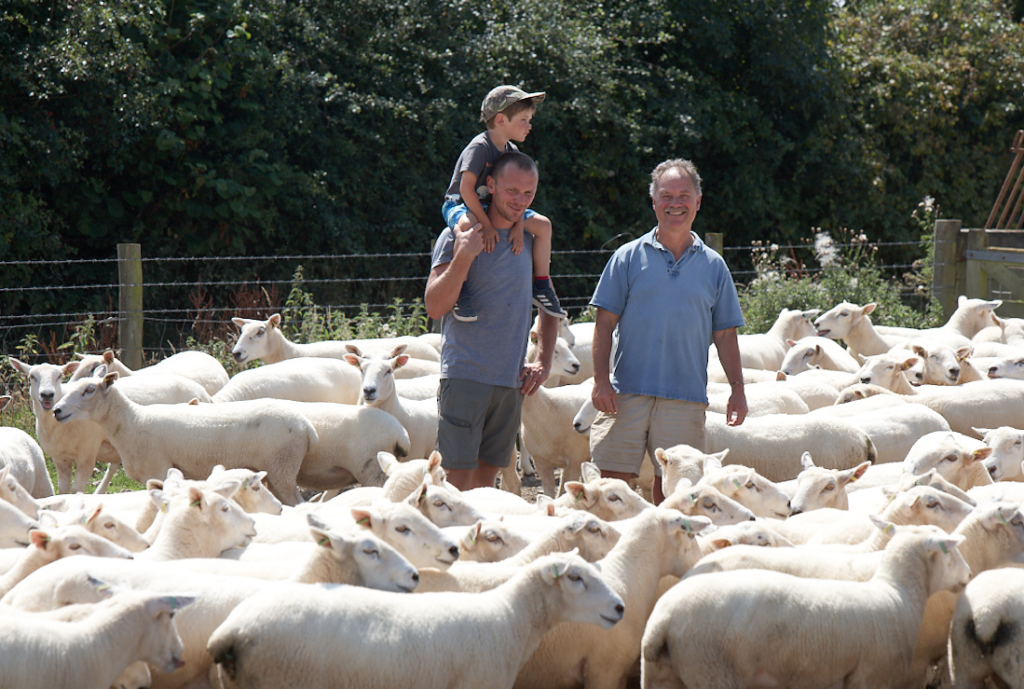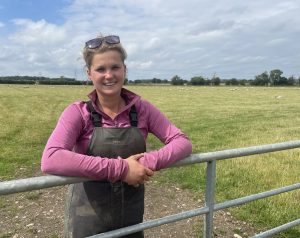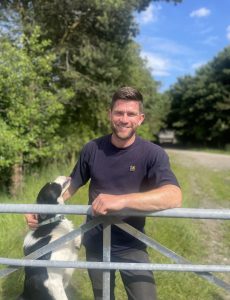with thanks to Jim Hext, Carwarthen farm
As published in the Royal Cornwall Magazine

If you farm sheep, would like to reduce costs and increase output, then Cornish producer, Jim Hext has a solution. Three years ago, he introduced Aberfield genetics to his forage based 1,000 ewe flock which is now consistently recording 175% lambs reared, with 50% finishing within 16 weeks and the entire crop away by 30 weeks. There’s no purchased concentrate and this season plans are to depend on GS4 mixes and totally eliminate fertiliser.
“We’re about managing a profit led enterprise; our strategy is focused on maximising output from forage and we’ve found that introducing the Aberfield damline from Innovis to suit the system,” comments Jim who farms 800 acres based at Carwarthen on the Roseland peninsular.
“We have a history of farming native sheep breeds and have always selected for growth,” he explains. “However, compared with those various breeds, Innovis operates on such a scale it has the ability to apply selection pressure to its flocks and in turn quickly accelerate genetic gain. Furthermore, all its sheep have the bonus of being forage bred and reared.”
Whilst approximately half the ewes are crossed to the Aberfield or Aberfield SR for replacement purposes, the remainder are run with the Abervale meat sire. “We take various grazings around the parish before overwintering the flock on fodder beet and forage rape. We lamb indoors for practical reasons, turn out immediately afterwards and set stock until the first drench, after which we start to mob up and introduce to a rotational grazing system on a field by field basis.
“This season and the lambs are flying, gaining up to 500g a day and averaging 350g off clover rich swards some of which include herbal leys; that level of performance reflects the Aberfield’s strong maternal traits as well as growth.”
Fast growth is essential, he says. “Roseland frequently burns up, so we have to keep things smoking; the more lambs we can sell off the ewes the better. So far, half the crop is achieving our contract’s 19.5kg deadweight target by 16-week weaning at the end of June while they’re all away by early October,” he says adding: “Whilst we’re operating a relatively very low input system, this season we plan to make further savings and completely cut out fertiliser application.”



